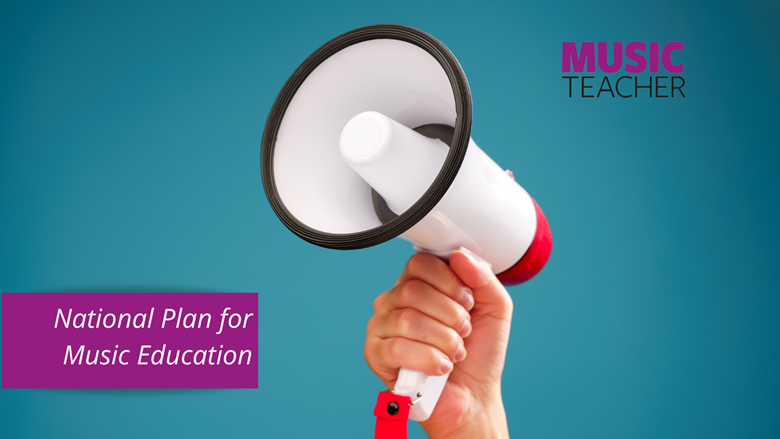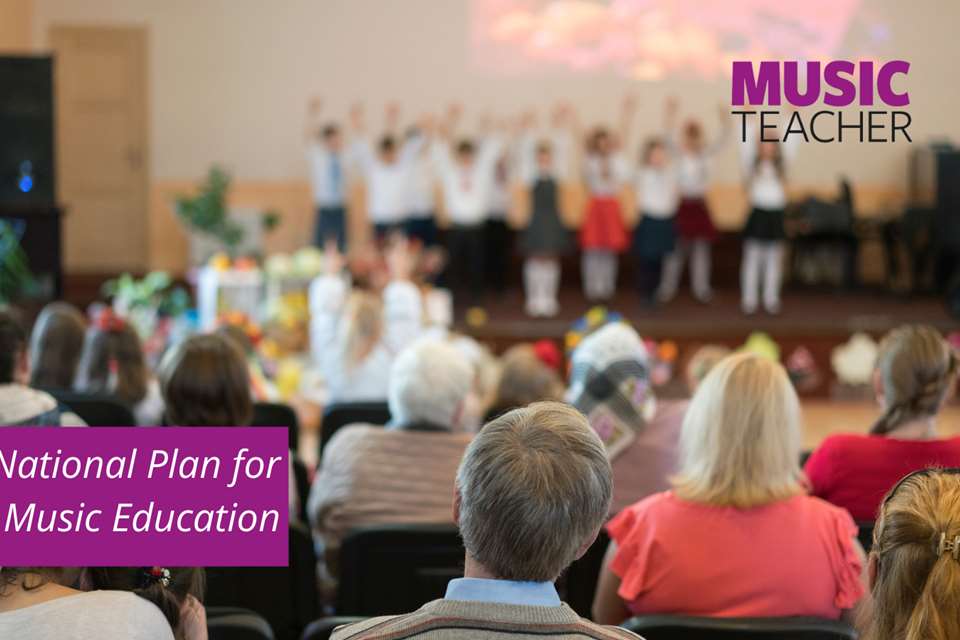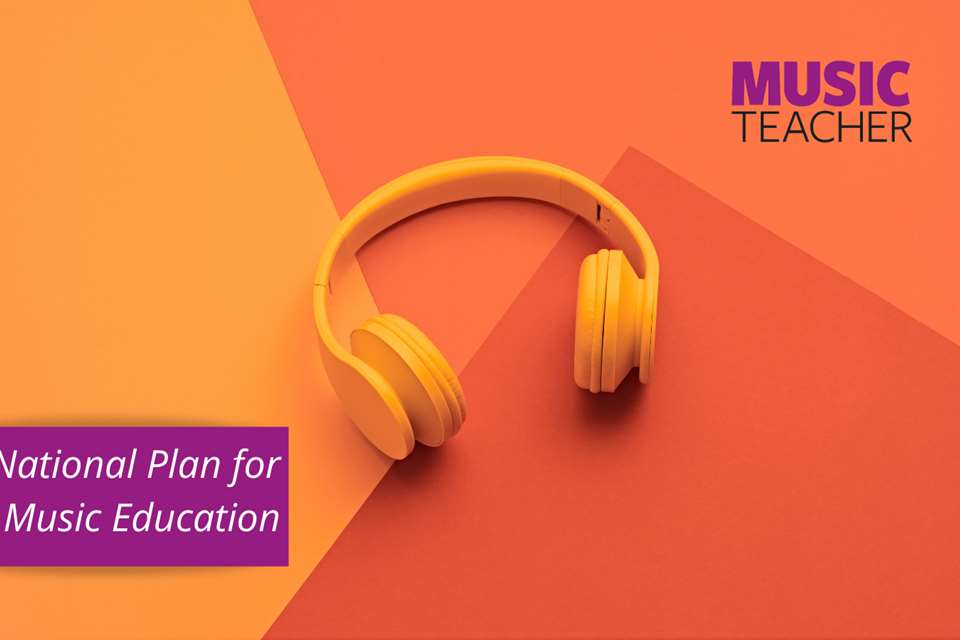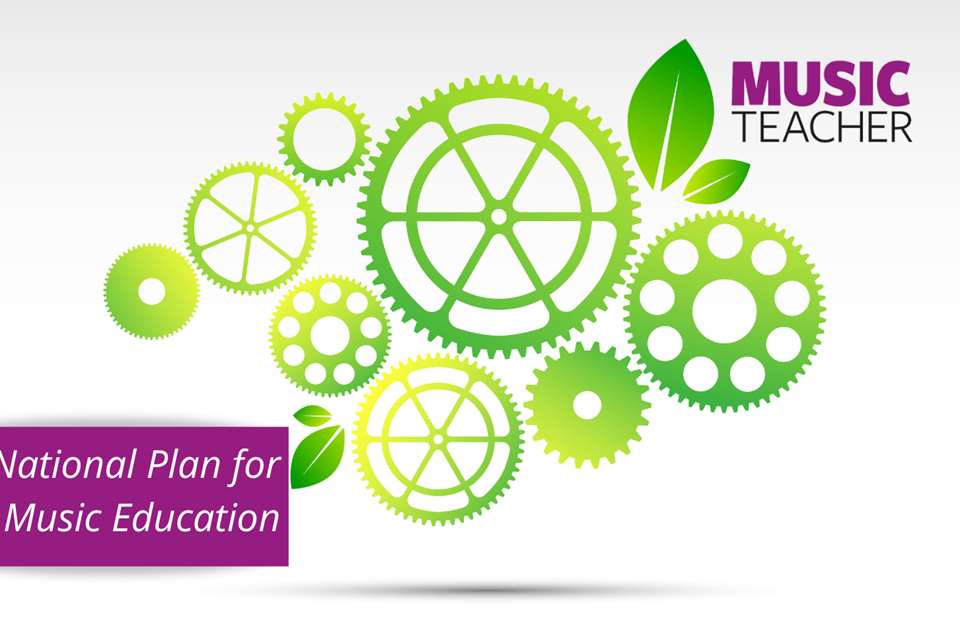Initial reaction to NPME from music education organisations
Tuesday, June 28, 2022
Music education organisations have initially welcomed the National Plan for Music Education (NPME), with more ‘forensic’ responses expected from the sector at a later date.

Adobe Stock /Sergey
On 25 June, the government published ‘The power of music to change lives: a national plan for music education’, authored by the Department for Education (DfE) and the Department for Digital, Culture, Media and Sport.
The 84-page document was originally due earlier this year, outlining the government’s ambitions for music education between now and 2030.
Read about the key points of the NPME here.
‘Cautious’ welcome
Music education organisations have broadly welcomed the plan, with the Musicians’ Union’s (MU) national organiser for education, Chris Walters, calling its publication ‘a statement that music education matters’ in its ‘cautious’ welcome.
The plan describes music as a key part of the curriculum – something that the Incorporated Society of Musicians (ISM) is ‘very pleased with’ after campaigning for this for many years, according to chief executive Deborah Annetts.
UK Music chief executive, Jamie Njoku-Goodwin, said that ‘every child deserves access to a high-quality musical education’ and that the national plan is ‘an important step towards securing that’, commending its commitment to making £79 million available every year until 2025 for the Music Hubs programme across UK schools.
Previously, hub funding has been allocated on an annual basis, often at the last minute. Whether the notice period around funding allocation to hubs will improve over the next three years is currently unknown.
The plan has also been praised by the Music Teachers’ Association (MTA) for renewing the suggestion that pupils in Key Stages 1-3 should receive at least an hour a week of timetabled curriculum music as standard, backing up similar statements made in the Model Music Curriculum (MMC) and Ofsted Research Review.
Music Mark CEO Bridget Whyte, who was on the advisory panel who worked on the plan, said that she is ‘happy to see a receptive and positive response from our hub leaders and wider membership.’ Next steps for the sector, Whyte said, involve working together to highlight challenges facing teachers and school leaders and offering solutions.
Concerns so far
The MU has offered one of the more ‘critical’ responses thus far. In his initial analysis, Walters, who was the editor of MT when the 2011 National Plan was published, listed four key ‘concerns’.
He highlighted that there is a risk that hubs will be asked to do more despite a lack of increase in funding, which could cause a stagnation in pay for teachers in hubs, and there is no commitment to review pay and conditions for visiting music teachers.
Additionally, the non-statutory nature of the plan, Walters wrote, ‘clashes’ with the statutory nature of hub funding agreements; and the plan does not discuss broader issues such as cuts to HE arts courses.
The lack of wider consultation has been criticised by some, including Annetts who said that ‘the plan would be improved’ if music teachers, parents and other experts ‘had the opportunity to feed in their views on the contents of the plan through official consultation’.
Since the announcement of the advisory panel last August, the ISM has called for further consultation, stating that ‘an advisory panel is not sufficient’.
Youth Music CEO, Matt Griffiths, asks for the plan to be constantly reviewed to ensure its ongoing impact and relevance, claiming that a 'static plan for the next decade will not be enough'. He also emphasises that the plan is a starting point for the sector to respond to in an 'action oriented' way, rather than something that is being placed upon the sector.
Resources
In partnership with Music Mark, the MTA has released three documents to support teachers in response to the plan: a summary for schools, and self-evaluation tools for primary and secondary schools to help review their provision in line with the plan.
More ‘forensic’ responses are expected from across the sector in due course.
MT’s coverage of the NPME2, including critical analysis, news, opinions and practical guidance, can be found on our website.








